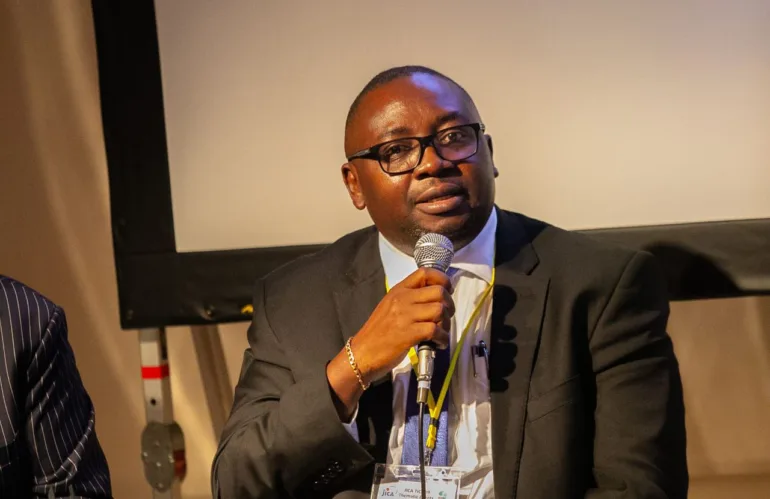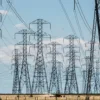Nigeria is negotiating a $2 billion loan with China’s Export-Import Bank to finance the construction of a new ‘super grid’ aimed at alleviating the country’s persistent power shortages.
The Minister of Power, Adebayo Adelabu, disclosed this development during an economic summit held in Abuja on Monday, explaining that the project is a key part of the government’s broader strategy to decentralize power generation.
Adelabu emphasized that the initiative seeks to encourage large-scale industrial consumers—many of whom abandoned the unreliable national grid—to reconnect and benefit from more stable electricity supply.
The new transmission infrastructure will link the eastern and western regions of Nigeria, where the majority of the country’s industrial hubs are located.
“It’s part of plans to decentralize power generation in Nigeria and get the heavy commercial users that left the power grid because of its unreliability to return,” Adelabu said.
Nigeria’s power grid has suffered frequent collapses over the years, largely due to insufficient generation capacity, transmission bottlenecks, and technical faults.
The proposed super grid is expected to enhance transmission efficiency and ensure that more power reliably reaches critical industrial zones.
Adelabu added that the Federal Executive Council has already approved financing arrangements for the project.
He also highlighted that recent tariff adjustments for urban consumers have boosted industry revenues by 70% in 2024, with further growth expected. Revenues are projected to increase by 41%, reaching N2.4 trillion ($1.6 billion) this year.


